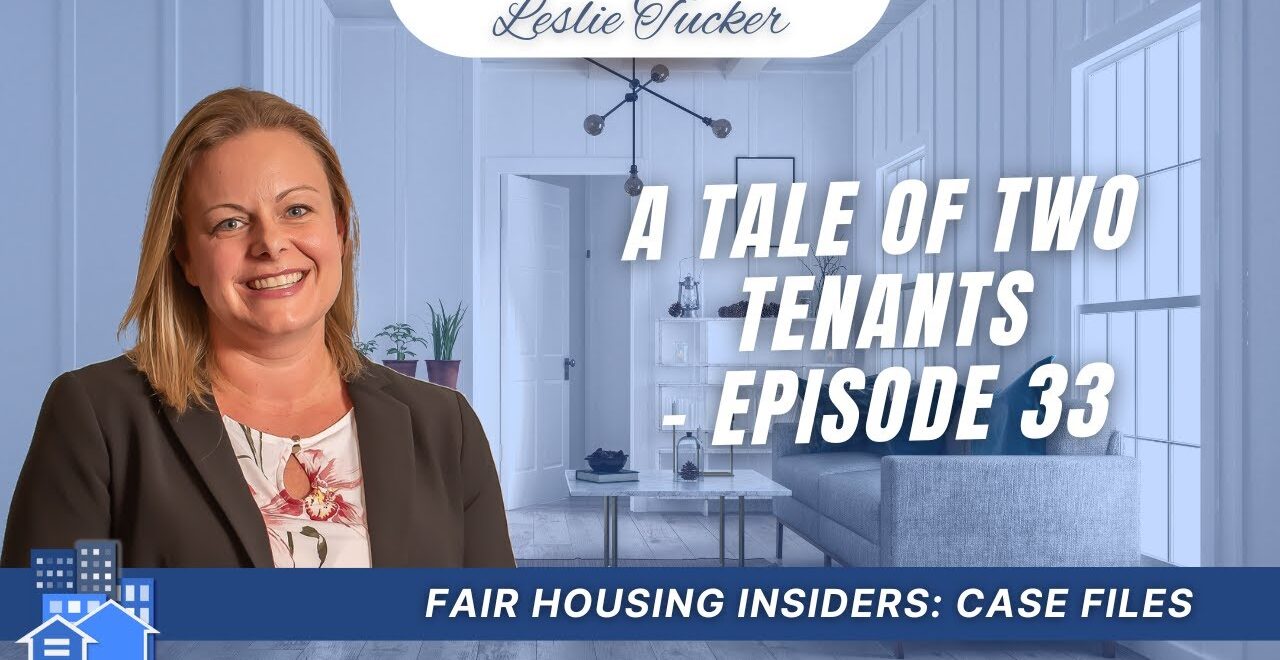The Fair Housing Act is designed to protect individuals from discrimination and retaliation in housing-related matters. The case of United States v. Burlington Preservation Associates, Arbor Management, and Leon N. Weiner and Associates brings these principles into sharp focus. This case, filed by the Department of Justice, highlights allegations of racial and national origin discrimination, as well as claims of retaliation against a tenant who exercised his fair housing rights.
Case Background – A Tale of Two Tenants
The case centers around a tenant named Roberto, a Black and Hispanic Army veteran and single father, residing in a Rural Development property in New Jersey. The allegations suggest that the property’s owners and managers engaged in discriminatory practices when handling his eviction process compared to a similar case involving a white tenant.
In August 2019, Roberto was incarcerated for approximately two months. Just four days after his incarceration began, management initiated the eviction process, issuing notices to his unit and later changing the locks. An internal email surfaced in the case showing that a management employee assumed Roberto had been found guilty and proceeded with the eviction filing. Notably, Roberto had continued paying his rent in full during this period.
Disparities in Eviction Practices
While the management followed the state’s eviction procedures, they failed to serve the necessary notices directly to Roberto, who was in jail and unaware of the proceedings. Instead, notices were left at his unit, which his family members later informed him about. Moreover, management reportedly denied his authorized family members access to the unit, despite them being listed on the emergency contact form.
Ultimately, Roberto was not evicted. Upon his release from jail, management dropped the eviction case. However, the case did not end there. The complaint alleges that management treated a similar case involving a white tenant very differently. The white tenant was incarcerated for multiple years, yet management did not change the locks or pursue eviction. Instead, they permitted a family member to access the unit and arranged for a voluntary surrender of the apartment—five months after the incarceration began.
This stark contrast in treatment forms the basis of the racial and national origin discrimination claims in the lawsuit. If these allegations are accurate, it appears that the defendants may have applied their policies inconsistently, favoring the white tenant over Roberto.
Allegations of Retaliation
After his release, Roberto filed a fair housing complaint with the Department of Housing and Urban Development (HUD) in 2020. The case further alleges that years later, in 2024, management retaliated against Roberto by disrupting his rental subsidy recertification process.
During his 2024 recertification, management reportedly requested excessive documentation not previously required, leading to the expiration of his rental subsidy. As a result, Roberto’s rent increased significantly to the market rate, making it unaffordable. Management then filed a second eviction attempt for nonpayment of rent.
Key Takeaways for Property Management Professionals
This case underscores the importance of applying housing policies consistently and fairly. Even neutral policies, if applied differently based on race or national origin, can result in serious fair housing violations.
- Consistency in Policy Application: Policies must be applied uniformly to all tenants, regardless of race, ethnicity, or other protected characteristics. The disparity in how Roberto’s case was handled compared to the white tenant’s situation is a primary argument in support of the government’s case.
- Avoiding Retaliation: Retaliation against tenants for asserting their fair housing rights is illegal. Even if unintended, actions that make a tenant’s housing situation more difficult after a complaint can be perceived as retaliatory. The long timeline of this case demonstrates that HUD may still connect past complaints to future adverse actions.
- Fair Housing Training and Documentation: Comprehensive fair housing training is crucial for property management teams to ensure compliance with the law. Additionally, maintaining proper documentation of what happened and why is crucial in defending against allegations of discrimination or retaliation. There are always two sides to every story… so a housing provider must have the documentation to back up its story!
Managing Situations Involving Incarcerated Tenants
Property managers should establish clear policies regarding incarcerated tenants while ensuring compliance with fair housing laws. If lease agreements allow for eviction due to incarceration, managers must consider factors such as rent payment status and other occupants in the unit before taking action. Additionally, policies must be applied consistently to avoid claims of discriminatory enforcement.
You Might Also Like:
- Update on the Accessible Parking Case You’ve Been Following – Episode 49
- When Eviction Becomes Retaliation – Episode 48
- Case Files: The Price of Parking Discrimination – Episode 47
- Case Files: ESA Denied After Online Provider Verification—What Went Wrong? – Episode 46
- Case Files: When Mold, Disability, and Retaliation Collide – Episode 45

